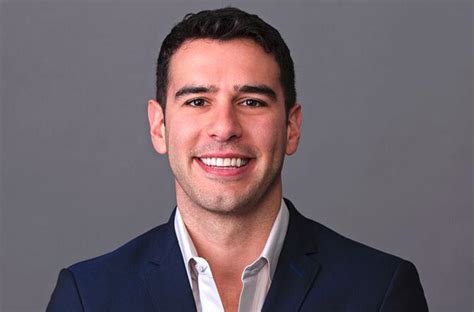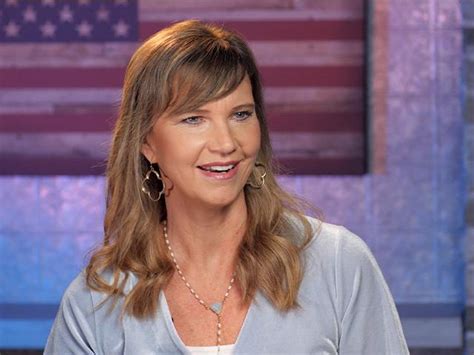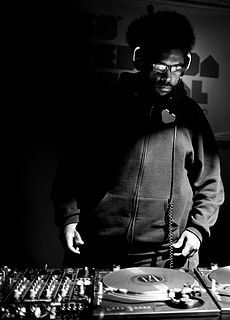A Quote by Adam Braun
As our values are the core to who we are as human beings, they are also the easiest way to identify and connect with others in meaningful ways. Think about it - most political campaigns are based around values. Barack Obama's 2008 election campaign galvanized millions of youth behind two very clear values - hope and change.
Quote Topics
Related Quotes
Most people just aren't clear-eyed about the rural South. We think that the urban centers are the problem, and the rural areas across the country are idyllic, suffused with good old American values, social values, religious values, moral values. It's what we tell ourselves to keep this political power structure in place, and it's what we see in pop culture, too.
Genuine leadership is inherently moral. So the values chosen matter tremendously, and they must be values aligned with society (including the most universal statement of human values in history, the Universal Declaration of Human Rights, as well as clear values of sustainability evidenced in global declarations like the Stockholm and Rio Declarations.
One of the great arts in living is to learn the art of accurately appraising values. Everything that we think, that we earn, that we have given to us, that in any way touches our consciousness, has its own value. These values are apt to change with the mood, with time, or because of circumstances. We cannot safely tie to any material value. The values of all material possessions change continually, sometimes over night. Nothing of this nature has any permanent set value. The real values are those that stay by you, give you happiness and enrich you. They are the human values.
Barack Obama understands what Ronald Reagan learned, which is that people vote not on the basis of issues and policy details, but on the basis of something deeper, namely, what are your values? Are you authentic? Do you say what you believe? Do you communicate with us? And do we identify with you? You don't know what particular issues are going to come up in the future, so you have to depend on someone's values, and whether they are telling you the truth, and whether you can trust them in office. Obama's been running a campaign on that basis.
I very much believe in values-based leadership, and that the values that I believe in and try to govern by are transcendent values. They have nothing to do with race or even with political parties. Secondly, I think nothing substitutes for the power of the grassroots by showing them the courtesy of going to them where they are and inviting them to take part in the political process.
Perhaps the most significant thing a person can know about himself is to understand his own system of values. Almost every thing we do is a reflection of our own personal value system. What do we mean by values? Our values are what we want out of life. No one is born with a set of values. Except for our basic physiological needs such as air, water, and food, most of our values are acquired after birth.
Principles aren't something you hear much from politicians these days. Have you noticed? Right across the board, leaders, whatever the political coloring, avoid talking about laws; they avoid talking about principles. They talk about 'our values.' But values can change, and all our packets of 'values' seem to be getting smaller.
It is not our affluence, or our plumbing, or our clogged freeways that grip the imagination of others. Rather, it is the values upon which our system is built. These values imply our adherence not only to liberty and individual freedom, but also to international peace, law and order, and constructive social purpose. When we depart from these values, we do so at our peril.
Wherefrom are human values to be derived and how are they to be developed? Human values are born along with human birth. They exist in union. Unfortunately, man today separates himself from human values and yet wants to live as a human being. To recover human values, man has to take the spiritual path.


































